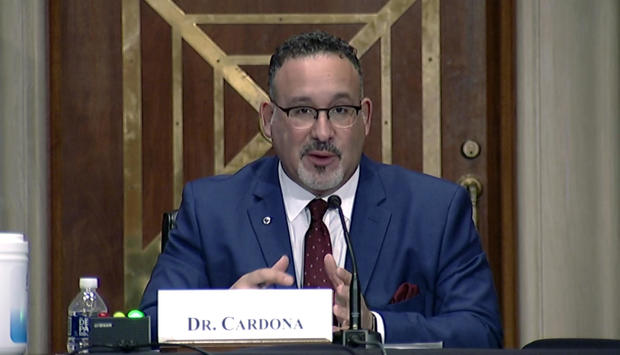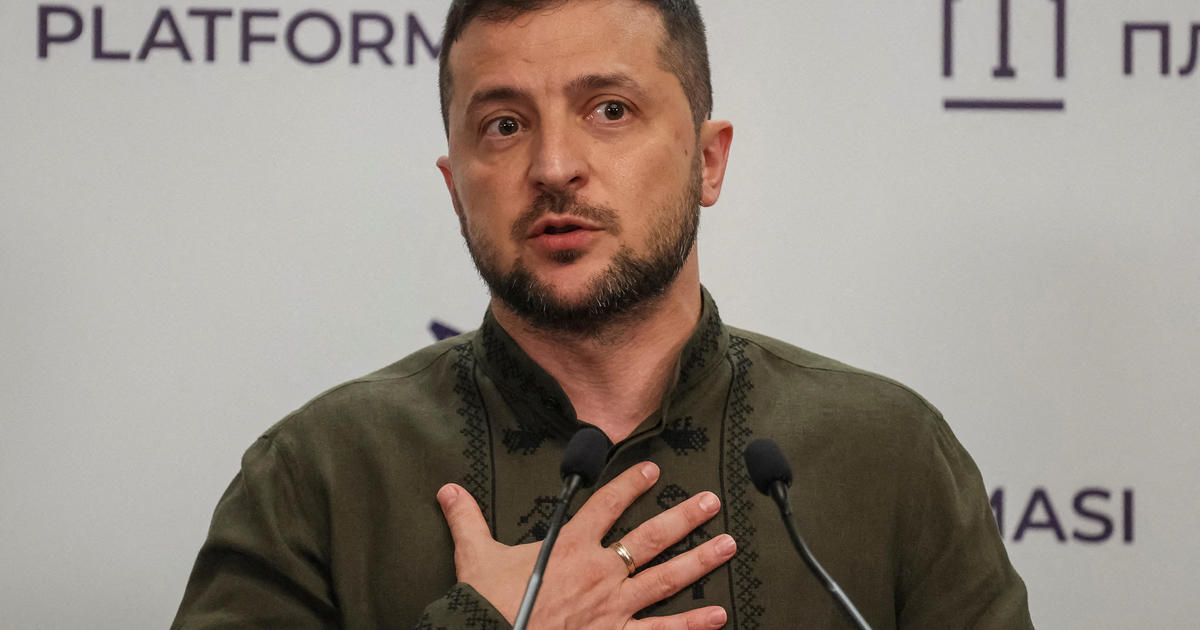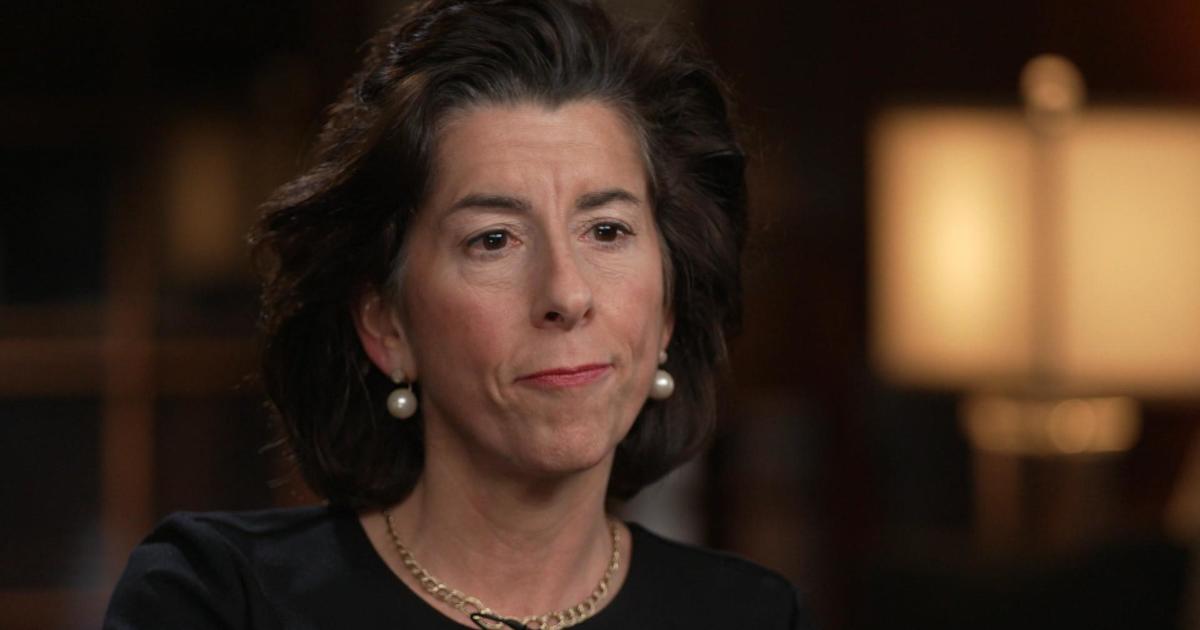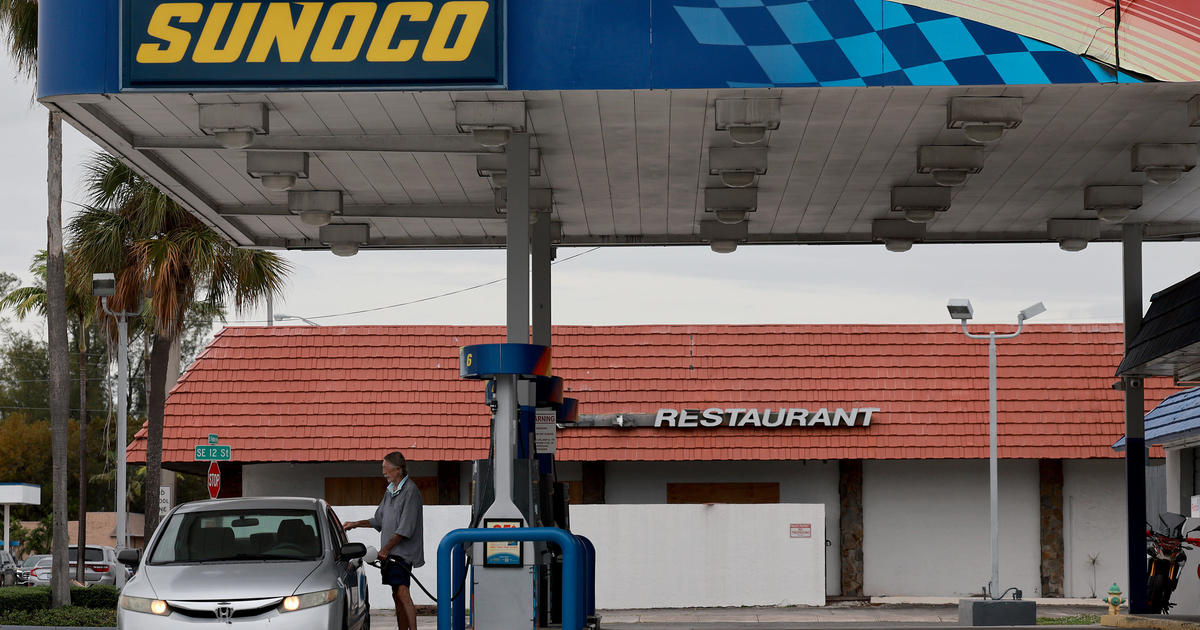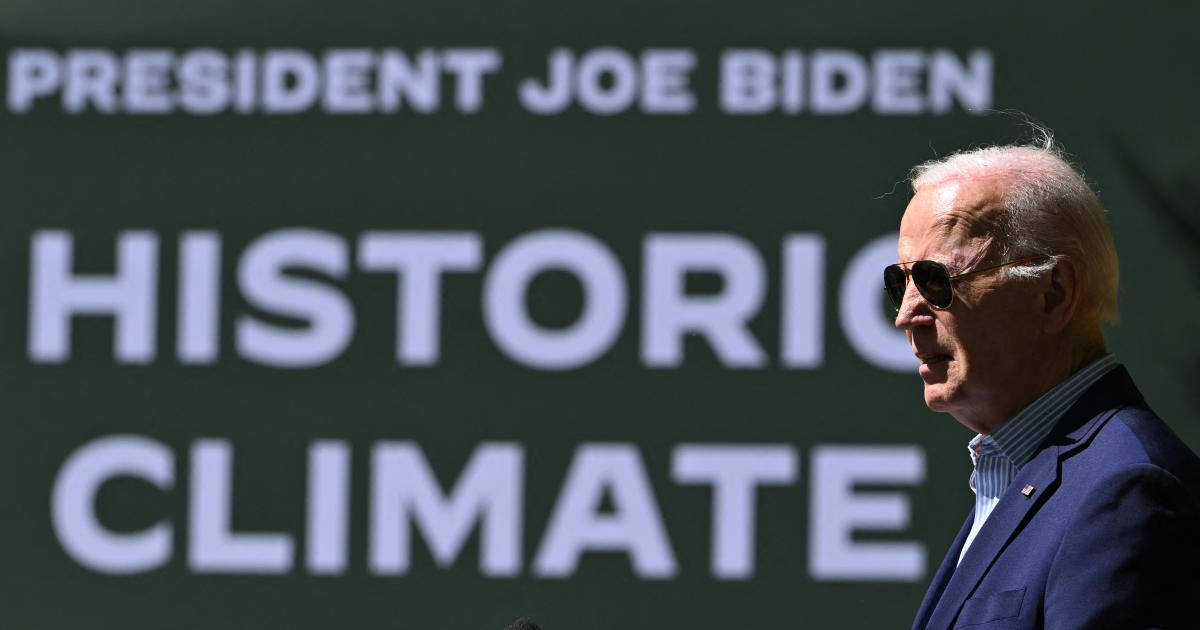Education Secretary nominee Miguel Cardona testifies about returning children to school amid COVID-19
Washington outsider Miguel Cardona, President Biden's nominee to lead the Education Department faced tough questions at his Senate confirmation hearing Wednesday, on political hot-button issues like student loan forgiveness, transgender participation in women's sports and most pressing: how to make good on Mr. Biden's promise to reopen schools within 100 days of his inauguration. If confirmed, the Connecticut education commissioner will inherit an educational crisis brought on by the coronavirus pandemic.
"We're here today in the midst of one of the most challenging school years in American history," Cardona said Wednesday in his opening statement. "For far too many of our students, this year has piled on crisis after crisis." He did not offer many specific ideas about how to return children to school but did say that educators should be prioritized for vaccine distribution.
Little was known about Cardona's views on major education policy issues, since the former public school teacher only entered the national public eye in December when Biden announced his nomination to lead the Education Department. Cardona, who began his career as a fourth-grade teacher, quickly rose through the administrative ranks. In August 2019, he was appointed to lead Connecticut's Education Department, becoming the first Latino to hold the position.
In that role, Cardona spent much of his time managing the havoc the pandemic has wreaked upon the state's schools. As Connecticut's education commissioner, Cardona pushed schools to reopen, citing growing achievement gaps that remote learning has only made worse.
"Yes, we're in a health pandemic, but this is also an education emergency," Cardona said in an interview with The Connecticut Mirror in August. "We have to accelerate our efforts because COVID accelerated disparities."
As of December 2020, about 20% of Connecticut's students were learning either fully or mostly in person and a little more than 40% were in school via a hybrid model, according to data from the state. During his confirmation hearing, Cardona attributed that success to "regular and intentional" communication between his office, union leaders, parents, and educators.
"We were open and transparent with what we knew, and we made sure that we partnered with our health experts early on," Cardona said. "We all partnered together."
In December, Mr. Biden promised "that the majority of our schools can be open by the end of my first 100 days," an ambitious goal that Mr. Biden later said only applied to K-8 students and not those in high school. In an interview with Connecticut Public Radio last week, Cardona said that as education secretary, he'd draw on his experience reopening Connecticut's schools and listening to health experts.
"We need to have a very close partnership with our health department," Cardona said. "At the national level, that's critically important that we work with CDC, that we work with Health and Human Services to make sure that the decisions that are being made around schools are in line with what we know to protect people. That partnership matters."
Cardona was also pressed on his views surrounding student loan debt. Senator Elizabeth Warren of Massachusetts, who proposed forgiving up to $50,000 in student loan debt during the 2020 presidential primaries, urged Cardona to consider "administrative cancellation of student loan debt."
Cardona agreed that student loan debt places a "significant impact" on borrowers' lives and agreed with Warren that the federal government should provide "borrowers with immediate relief," but didn't offer any further details.
Previously, Cardona said tackling student debt "would be a priority" and he was "totally in support" of the president's plan to back congressional action that would cancel $10,000 of student debt per borrower. He also said he would work with Congress on "a plan that provides some relief to our students in higher education."
Last year federal student loan debt reached an all-time high, nearing $1.6 trillion among more than 40 million Americans, according to the Federal Reserve Bank of New York. On average, student loan borrowers owe between $200 and $299 every month, an amount that for many can be untenable; about 1 in every 5 borrowers is in default, according to the Education Department.
A handful of Republican Senators, including Kentucky Senator Rand Paul and Utah Senator Mitt Romney, pressed Cardona on his views surrounding who should be allowed to participate in women's athletics, asking whether transgender athletes should be afforded that right.
"I believe schools should offer the opportunity for students to engage in extracurricular activities even if they're transgender — I think that's their right," Cardona said.
